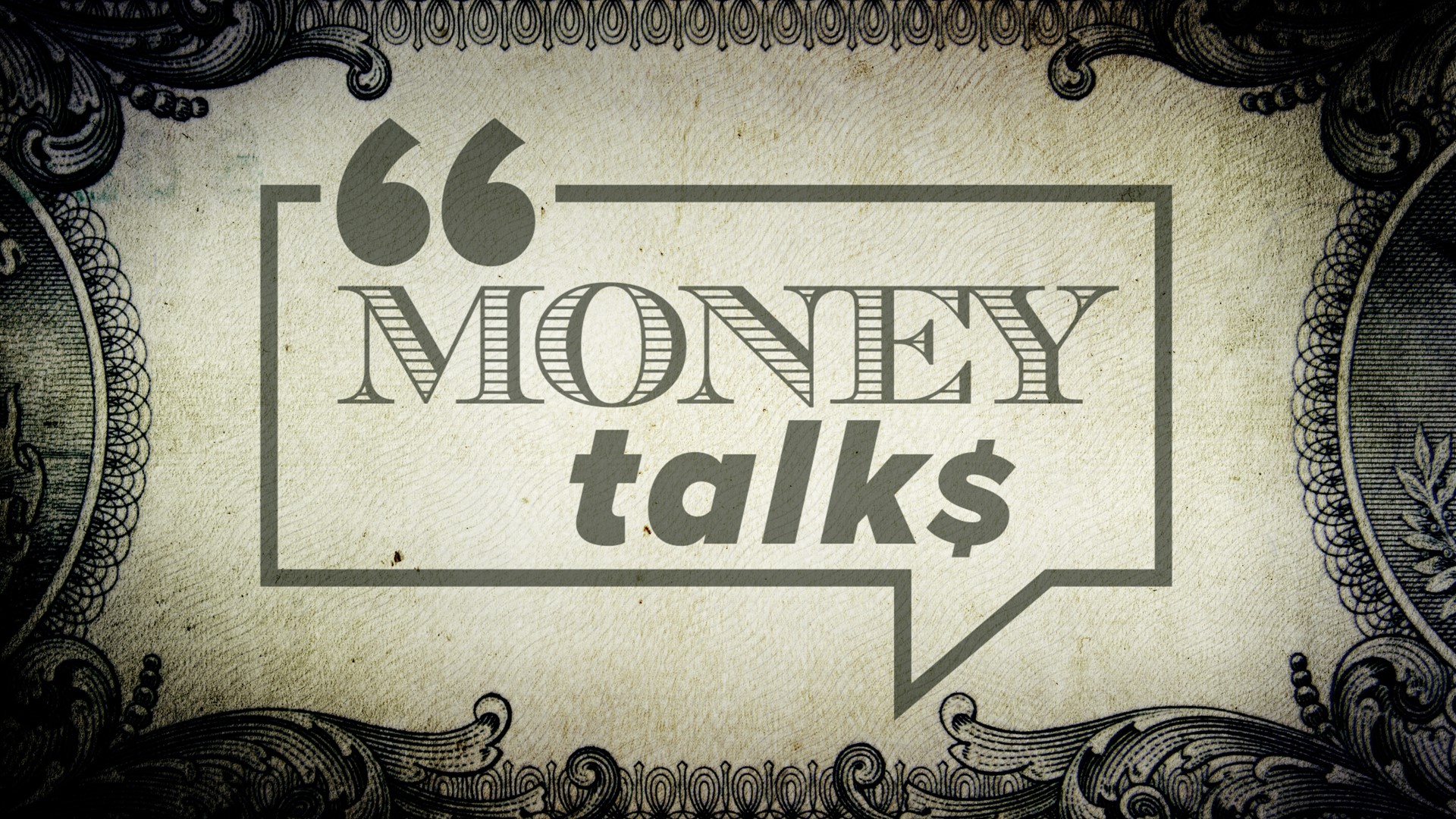TEMPLE, Texas — When you buy a stock during the day, the moment that the purchase is made you are locked in on price. But how does it work for much more complicated assets like mutual funds or Exchange Traded Funds?
We wanted to know, so we asked, and that is the focus of this segment of Money Talks. Some funds settle at the end of the day, and some when they are purchased. Let's start with ETF’s.
"ETF’s are bought and sold on a stock exchange during the day, so you know exactly what you'll pay for each share when you get ready to buy," Certified Financial Planner Neil Vannoy said. "And a market order for an ETF will be executed at whatever the current market price is for the ETF that you want to buy or sell."
So, that's ETF’s, but what about those mutual funds that so many of us have in our 401k's? Vannoy explained those as well.
"Traditional mutual funds are only sold at the end of each trading day," said Vannoy. "The price is based on the net asset value – or NAV – of the holdings in the portfolio, and this is only known after the market closes. The value you see in your account for a traditional mutual fund is based on the prior day's closing price, so you won't know the price per share when buying or selling a mutual fund until after the market closes."
Remember, especially if you are making a mutual fund purchase; on a down day your purchase will lose a little, and on an up day, you'll gain some.
"This isn't a problem for most investors, but it's an important thing to know since it could have a large impact in certain situations," Vannoy told 6 News. "For example, if you want to sell and the market is down that day, the amount you get for selling your shares could be much lower than you were expecting. The same goes for buying on an "up day" since the price per share could be much higher than the prior day's price."
And once again, rather than trying to perfectly time things, we’ll let Neil explain.
"In general, it doesn't matter if you're buying on a down day or an up day. Since it's impossible to predict the future my motto has always been the best day to buy is the day you have money to invest. Just make sure what you're buying fits into your overall investment strategy, risk tolerance, and timeframe."
And of course we have all of these issues today on timing of trades because of computers and the frequency in which we can make trades! It really is amazing and will likely only get more and more nuanced in the future.
More from 6 News:

